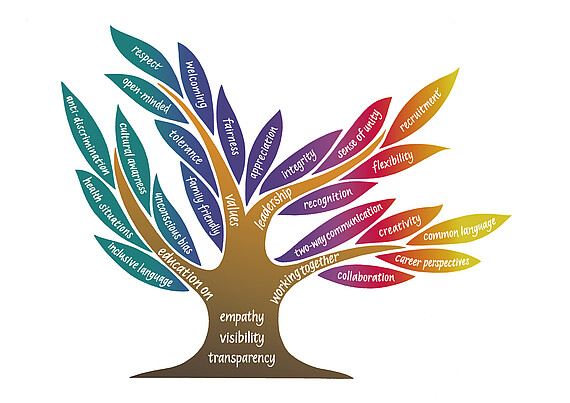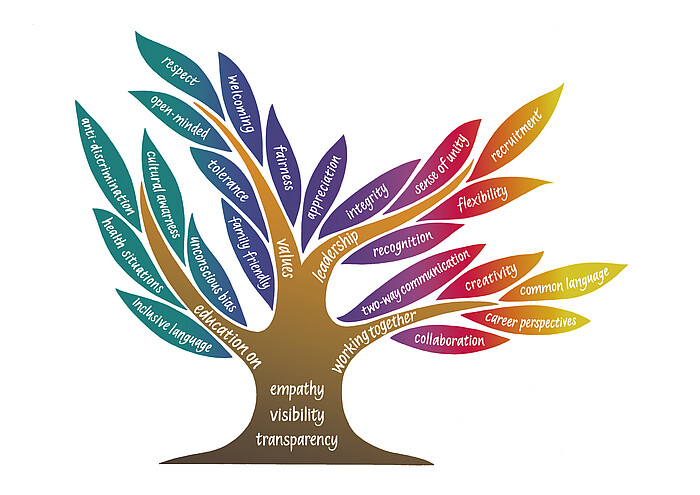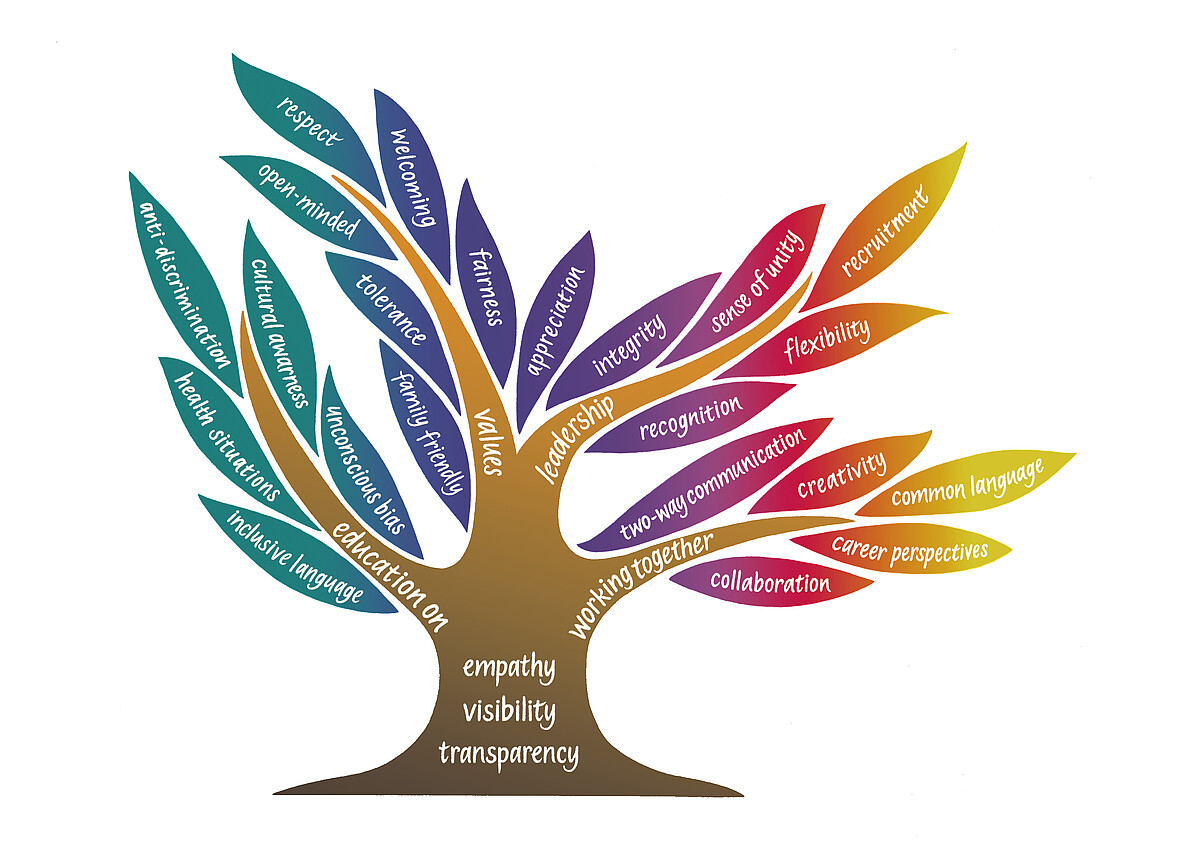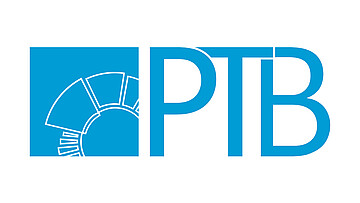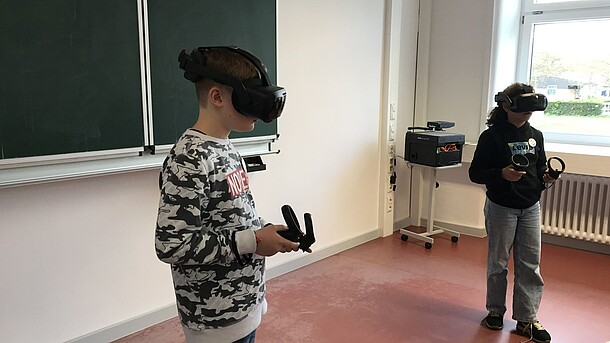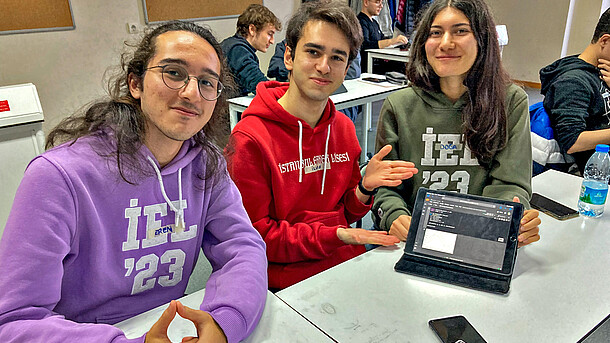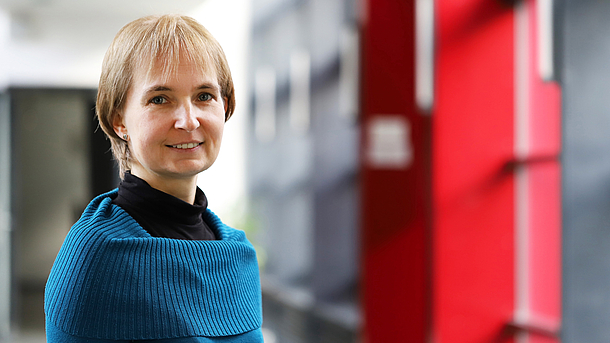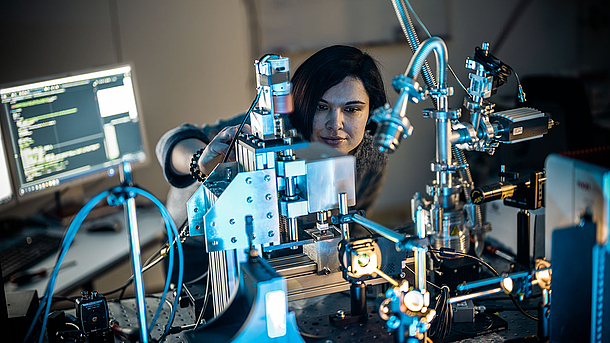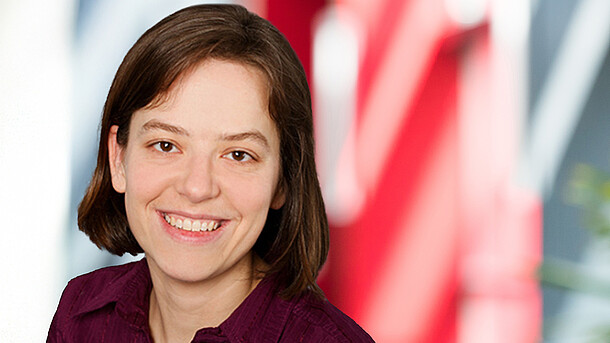Diversity and inclusion grow in a transparent environment that creates visibility and perspectives. This is based on openness, respect, fairness and tolerance - discriminatory behaviour that violates boundaries will not be tolerated!
Educate yourself!
-
Discrimination: An Abuse of Power
Discrimination, in its various forms, represents a fundamental abuse of power within societies, institutions, and interpersonal relationships. At its core, discrimination occurs when individuals or groups are unfairly treated or disadvantaged based on dimensions such as race, ethnicity, gender, sexual orientation, religion, disability, or socioeconomic status. This systemic mistreatment not only violates basic human rights but also perpetuates inequalities and reinforces existing power dynamics.
One of the key ways discrimination functions as an abuse of power is by denying individuals equal opportunities and access to resources. When certain groups are marginalized or excluded based on their inherent characteristics, they are systematically deprived of the chance to fully participate in social, economic, and political life. This denial of opportunities perpetuates cycles of disadvantage, limiting the ability of affected individuals to achieve their full potential and contribute meaningfully to society.
Furthermore, discrimination often operates within structures of power that perpetuate and reinforce existing inequalities. Institutions, laws, and social norms can be constructed in ways that privilege certain groups while marginalizing others. For example, the abuse of power at universities is based on the exploitation of structurally anchored privileges of the professorate in terms of financial security, decision-making power and knowledge hierarchies. This can take many forms: For example, hiring based on a bias or prejudice, humiliation in lectures, deliberate overworking of staff, bullying and sexualised violence. Abuse of power is closely linked to various forms of discrimination, as academia is still dominated by patriarchal and white perceptions.
We grew up in this systematically biased system and have to unlearn the patterns. To redesign social systems we need first to acknowledge their colossal unseen dimensions. The silences and denials surrounding privilege are the key political tool here. They keep the thinking about equality or equity incomplete, protecting unearned advantage and dominance by making Racism, Sexism, Ableism, etc. taboo subjects. Addressing discrimination requires a multifaceted approach that challenges existing power structures, promotes equality and inclusion, and empowers marginalized voices. This includes implementing anti-discrimination laws and policies, promoting diversity and inclusion initiatives, fostering cultural competency and empathy, and actively challenging biased attitudes and behaviors.
Have you ever really sat down and informed yourself about forms of discrimination? And have you reflected your own discriminatory behaviour? Probably you had to learn involuntarily because you are affected by forms of discrimination yourself? We must be willing to learn and listen.

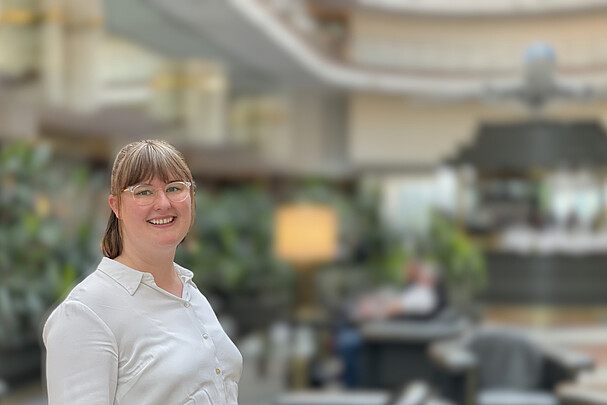 ©
Sabrina Katz
©
Sabrina Katz

 ©
Sabrina Katz
©
Sabrina Katz

